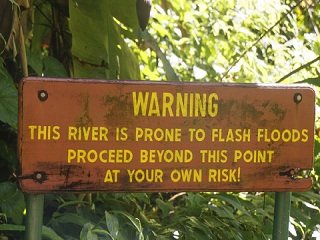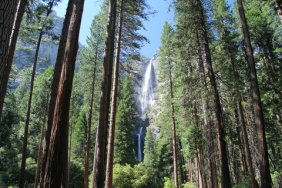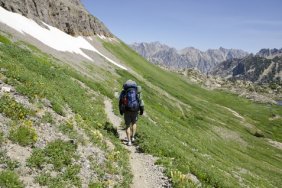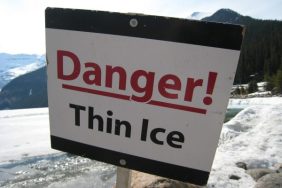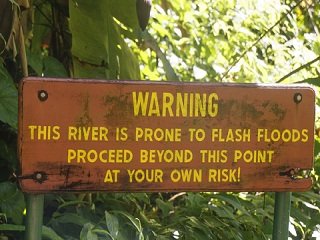 Last week, I took a different approach to hiking advice and, rather than provide tips on what to do on a long hike, I highlighted a few common errors outdoorsmen commit, in order to show you what not to do. Today, we continue with a few more mistakes to avoid the next time you head out for a long trek.
Last week, I took a different approach to hiking advice and, rather than provide tips on what to do on a long hike, I highlighted a few common errors outdoorsmen commit, in order to show you what not to do. Today, we continue with a few more mistakes to avoid the next time you head out for a long trek.
One of the greatest aspects of hiking is sharing stories and recommending trails for others to try out. However, if we simple heed the recommendations of others and head out to long, arduous trails, we may be in for a rude awakening. Serious hikes require research, planning, and even training, and simply hearing about one and then hitting it without any sort of preparation can spell disaster before you set one foot on the path.
Certain regions of the world are known for being extremely treacherous during certain times of the year. During rainy seasons, for example, a particular area might be prone to mudslides and otherwise passable passages will become slick or even wash away in a flash flood. Furthermore, just because it’s summer where you live, it doesn’t mean the season translates into the rest of the world. In the southern hemisphere, for example, winter arrives when summer hits the United States, so packing summer clothes for a trip to a region where winter is in full swing is a good way to start the misery early. This is where failure to research and plan also presents a risk, so be sure to do your homework.
I love to read and there are many people who share this passion, but books, as well as other items like electronic cosmetic devices or musical instruments really don’t belong on long hikes. They take up space, add unnecessary weight, and odds are, they won’t get used. Do yourself a favor and save the summer reading for the beach if you’re planning a major hiking trip.
Lastly, and this might be one of the most important things to remember: it isn’t a race. Altitude changes, as well as humidity and heat, can exhaust you quickly if you move too fast and forget to pace yourself. Also, when hiking as part of a group, you should really only go as fast as the slowest or least experienced person. This prevents anyone from falling behind or over-exerting themselves to the point of physical exhaustion or injury. Remember that hiking is about enjoying your surroundings and sharing that experience with others by challenging yourselves and making memories. There’s no need to keep your eye on the finish line and neglect taking a look around.
There’s a lot not to do on the trail, I know, but as important as it is to know what to do, maintaining an effort to steer clear of making some of hiking’s common mistakes is equally as important. Hopefully, the tips listed above will help you on your next trip! Happy hiking and Merry Christmas!
